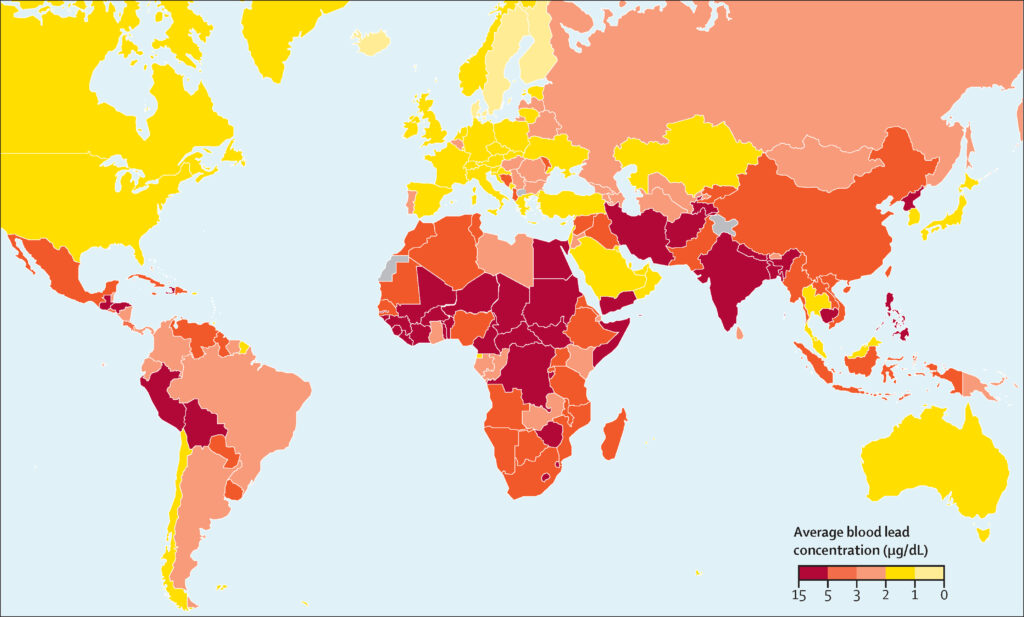Introduction
The United Kingdom faces a complex array of environmental challenges that reflect both global and local concerns. As of August 2024, the UK is at a critical juncture in addressing these issues, which range from climate change and air pollution to biodiversity loss and waste management. This article provides a comprehensive overview of the current environmental status in the UK, examines key issues, and explores ongoing efforts and future prospects for sustainable development.
1. Climate Change and Its Impacts
1.1 Current Status
Climate change remains a primary concern for the UK, with rising temperatures, increased frequency of extreme weather events, and changing precipitation patterns. According to the latest reports from the UK Met Office, the country has experienced significant temperature increases over recent decades, with average temperatures rising by approximately 1.2°C since pre-industrial times.
1.2 Impacts on the Environment
- Extreme Weather Events: The UK has witnessed an increase in the frequency and intensity of extreme weather events, including heavy rainfall, flooding, and heatwaves. The 2024 summer saw unprecedented heatwaves that led to several heat-related health warnings and strain on public services.
- Sea Level Rise: Coastal areas are particularly vulnerable to sea level rise, which threatens to exacerbate flooding and erosion. The Environment Agency reports that sea levels around the UK have risen by about 16 cm since 1990, with projections indicating further increases in the coming decades.
1.3 Government Initiatives
The UK government has committed to ambitious climate targets, including achieving net-zero greenhouse gas emissions by 2050. Key initiatives include:
- The Climate Change Act 2008 (2050 Target Amendment) Order 2019: This legislative framework sets out the UK’s commitment to reducing emissions and transitioning to a low-carbon economy.
- The Environment Act 2021: This act focuses on enhancing environmental protection and improving air and water quality, as well as addressing waste management and biodiversity.
2. Air Quality and Pollution
2.1 Current Status
Air quality remains a significant environmental issue in the UK, with urban areas experiencing elevated levels of air pollution. The latest data from the Department for Environment, Food & Rural Affairs (DEFRA) highlights concerns about particulate matter (PM2.5 and PM10), nitrogen dioxide (NO2), and ozone (O3) levels.
2.2 Health Impacts
Air pollution has well-documented health effects, including respiratory and cardiovascular problems. The British Lung Foundation reports that poor air quality contributes to approximately 40,000 premature deaths annually in the UK.
2.3 Government and Local Authority Actions
Efforts to improve air quality include:
- Clean Air Zones: Several cities, including London, Birmingham, and Manchester, have implemented Clean Air Zones to reduce vehicle emissions and promote cleaner alternatives.
- The Air Quality Strategy: This strategy outlines measures to improve air quality, including stricter emission standards and incentives for electric vehicles.
3. Biodiversity Loss and Conservation
3.1 Current Status
Biodiversity loss is a critical issue in the UK, with numerous species facing declining populations or extinction. The State of Nature 2019 report reveals that 15% of species in the UK are at risk of extinction, and over half of all species studied have shown significant declines in population.
3.2 Key Challenges
- Habitat Loss: Urbanization, agricultural expansion, and deforestation contribute to habitat loss, which threatens wildlife and disrupts ecosystems.
- Invasive Species: The introduction of non-native species poses a threat to native flora and fauna, leading to competition for resources and ecosystem imbalance.
3.3 Conservation Efforts
Several initiatives aim to address biodiversity loss:
- The Biodiversity 2020 Strategy: This strategy focuses on halting biodiversity decline and restoring ecosystems through habitat protection, species conservation, and public engagement.
- National Nature Reserves: The UK has established numerous national nature reserves to protect critical habitats and species, providing safe havens for wildlife.
4. Waste Management and Recycling
4.1 Current Status
Waste management is a significant environmental concern in the UK, with challenges related to recycling rates, waste reduction, and landfill use. The latest figures from DEFRA indicate that the UK generates approximately 222 million tonnes of waste annually.
4.2 Recycling and Waste Reduction
- Recycling Rates: The UK has made progress in recycling, with a recycling rate of around 45% for municipal waste. However, there is still room for improvement in increasing recycling rates and reducing contamination.
- Plastic Waste: Plastic pollution is a growing concern, with significant amounts of plastic waste ending up in landfills and the environment. The UK government has introduced measures to reduce plastic use, including bans on single-use plastics and initiatives to promote recycling.
4.3 Government Policies
- The Resources and Waste Strategy: This strategy outlines objectives for improving waste management, increasing recycling rates, and reducing single-use plastics.
- Extended Producer Responsibility (EPR): The EPR scheme aims to hold producers accountable for the entire lifecycle of their products, encouraging them to design for recyclability and reduce waste.
5. Water Resources and Management
5.1 Current Status
Water resources management is crucial in addressing the challenges of water scarcity and quality. The UK faces pressures from increasing demand, climate change, and pollution.
5.2 Key Challenges
- Water Scarcity: Some regions, particularly in the South East of England, experience water scarcity due to high demand and low rainfall. The UK Water Resources Management Plan highlights the need for efficient water use and conservation measures.
- Water Pollution: Pollution from agricultural runoff, industrial discharges, and wastewater affects water quality in rivers, lakes, and coastal waters. The Environment Agency monitors water quality and works to reduce pollution sources.
5.3 Water Management Strategies
- Water Efficiency Programs: Initiatives to promote water-saving technologies and practices aim to reduce consumption and alleviate pressure on water resources.
- Catchment Management: The UK adopts a catchment-based approach to water management, focusing on protecting and improving water quality through collaborative efforts with stakeholders.
6. Future Outlook and Opportunities
6.1 Technological Innovations
Technological advancements offer promising solutions to environmental challenges:
- Renewable Energy: The growth of renewable energy sources, such as wind and solar power, contributes to reducing greenhouse gas emissions and transitioning to a low-carbon economy.
- Smart Technologies: Smart technologies and data analytics enhance environmental monitoring, improve resource management, and support sustainable practices.
6.2 Public Engagement and Education
Public engagement and education play a vital role in addressing environmental issues:
- Environmental Campaigns: Awareness campaigns and educational programs promote sustainable behaviors and encourage individuals to take action on environmental issues.
- Community Initiatives: Grassroots initiatives and community-driven projects contribute to local environmental conservation and sustainability efforts.
6.3 Policy and Legislation
Effective policy and legislative frameworks are essential for driving environmental progress:
- Ambitious Targets: Setting ambitious targets for emissions reductions, conservation, and resource management provides clear goals and drives action.
- International Collaboration: The UK’s participation in international agreements and collaborations, such as the Paris Agreement, supports global efforts to address environmental challenges.
7. Conclusion
As of August 2024, the UK faces a range of pressing environmental issues that require coordinated efforts and innovative solutions. From addressing climate change and air pollution to conserving biodiversity and managing waste, the challenges are significant but not insurmountable.
Through government initiatives, technological advancements, public engagement, and international collaboration, the UK is making strides towards a more sustainable future. Continued commitment to environmental protection and sustainable development will be crucial in ensuring a healthy and resilient environment for future generations.


